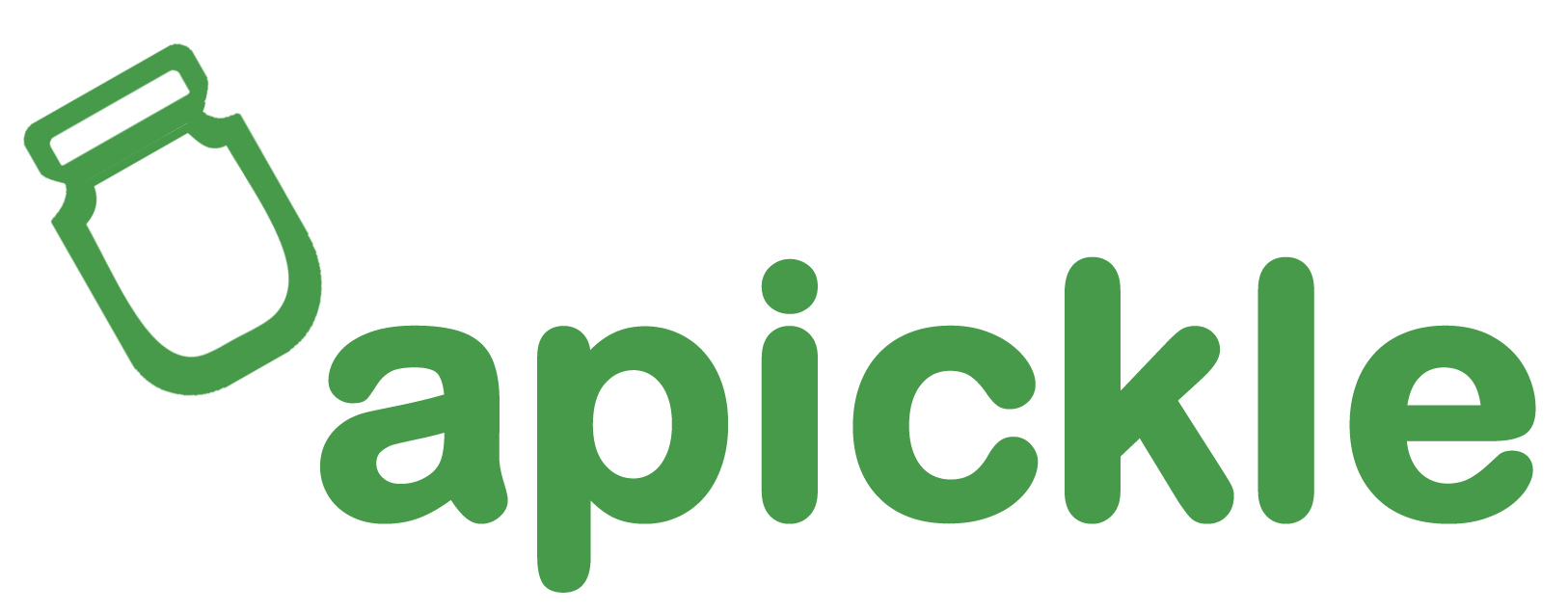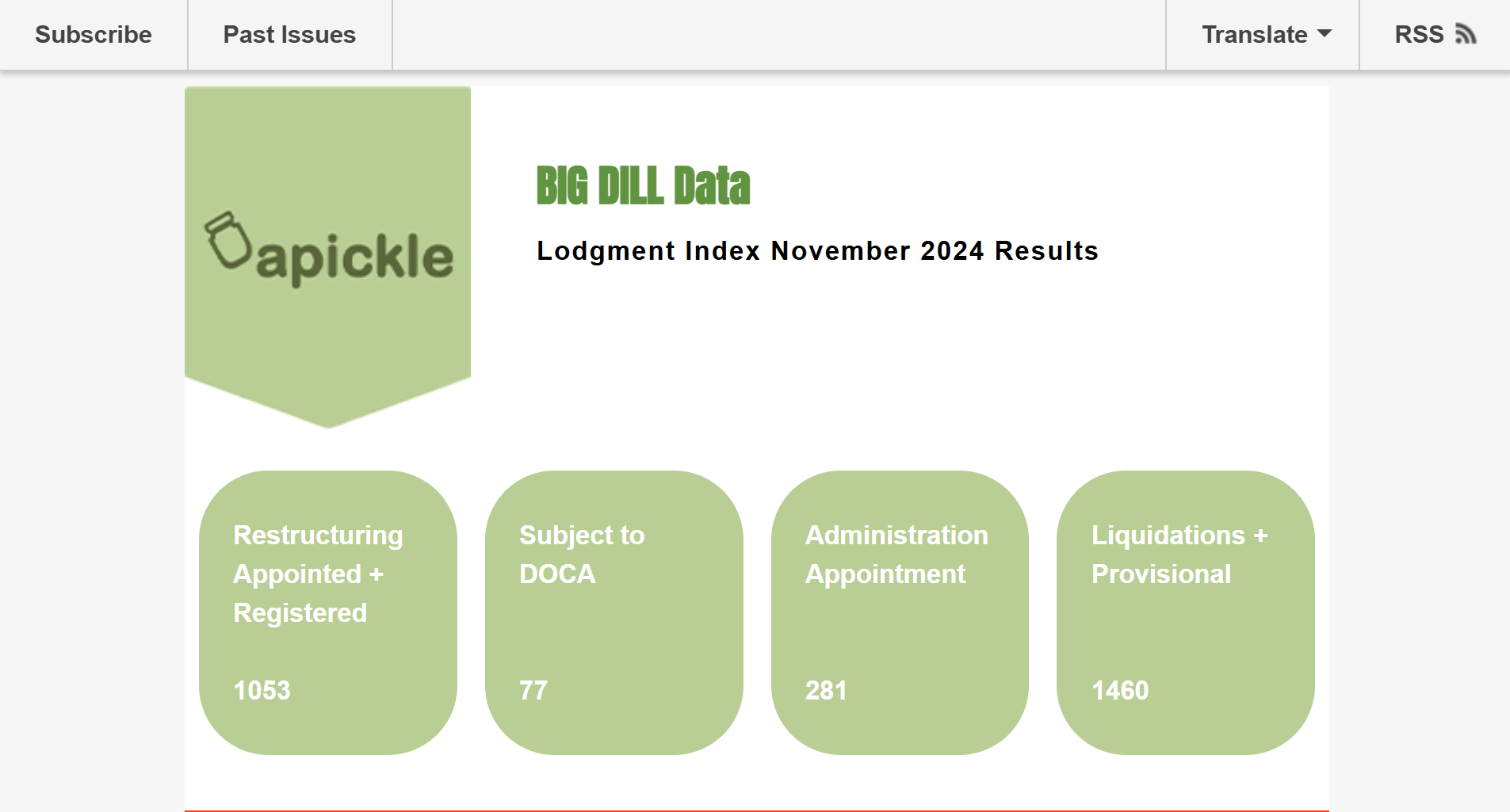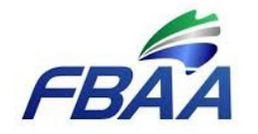As a company director, one of your primary responsibilities is ensuring that your company meets its tax and superannuation obligations on time. However, even with careful management, circumstances may arise that leave these obligations unmet, exposing you to Director Penalty Notices (DPNs) issued by the Australian Taxation Office (ATO). In this article, we will explore the differences between lockdown DPNs and non-lockdown DPNs, and provide insights into how to handle these challenges with informed decision-making and expert support.
The Director Penalty Regime: An Overview
The Director Penalty Regime is a framework established by the Australian Taxation Office (ATO) to hold company directors personally liable for certain unpaid company debts. Under this regime, directors can be held responsible for unpaid amounts related to:
- Pay As You Go Withholding (PAYGW) taxes
- Goods and Services Tax (GST)
- Superannuation Guarantee Charge (SGC)
When a company fails to meet its obligations by the due date, a director automatically becomes liable for these debts. The penalty is created by law, and the director’s personal liability can have severe financial consequences, including the risk of bankruptcy if immediate action is not taken. The most common triggers for director penalties are unpaid PAYGW, GST, and SGC debts.
Understanding and acting swiftly within the Director Penalty Notice (DPN) framework is crucial to avoiding personal liability for these unpaid taxes and superannuation charges.
Non-Lockdown DPN: Understanding Your Options
A non-lockdown DPN is issued by the ATO when a company has lodged its business activity statements or superannuation guarantee charge (SGC) statements within three months of their due date, but the associated debts remain unpaid. This type of DPN provides directors with a 21-day DPN window to take corrective action and avoid personal liability.
During this 21-day window, directors have several options to resolve the situation, including:
- Paying the debt in full: The most straightforward way to address the DPN is to pay the outstanding PAYGW, GST, or SGC debts in full.
- Appointing a Voluntary Administrator: By placing the company into voluntary administration, directors may be able to restructure the business and its debts.
- Appointing a Small Business Restructuring Practitioner: For eligible small businesses, this option allows directors to implement a formal restructuring plan to manage and repay debts.
- Appointing a Liquidator: In cases where the company is no longer viable, directors may opt to liquidate the business and settle debts through the liquidation process.
However, it is important to understand that entering into a payment plan with the ATO during this period does not absolve directors of personal liability. If no action is taken within the 21-day window, directors become personally responsible for the company’s unpaid debts.
Lockdown DPN: Permanently Locked In
A lockdown DPN is far more stringent than a non-lockdown DPN. This type of DPN is issued when a company fails to lodge its business activity statements or SGC statements within the required timeframe. Once a lockdown DPN is issued, the director is permanently held liable for the unpaid amounts, with no opportunity for remittance.
Unlike a non-lockdown DPN, directors cannot escape liability through voluntary administration, restructuring, or liquidation. The only way to address a lockdown DPN is by paying the debt in full. This underscores the importance of meeting lodgement deadlines, as failing to do so can have long-term, severe consequences for directors.
Once issued, the penalty associated with a lockdown DPN is effectively “locked in,” leaving directors with limited recourse beyond swift payment to resolve the matter. This makes proactive tax management and compliance even more critical.
The Increasing Utilisation of DPNs by the ATO
In recent years, the ATO has ramped up its efforts to recover unpaid tax and superannuation debts from small businesses. With a goal of recovering nearly $50.2 billion in overdue taxes, the ATO has significantly increased the issuance of Director Penalty Notices (DPNs).
This aggressive collection strategy has led to a marked rise in both non-lockdown and lockdown DPNs. In some cases, the ATO has even issued lockdown DPNs after a company has entered liquidation or appointed insolvency practitioners. This development has taken many directors by surprise, leaving them exposed to personal liability for company debts, even after their business has ceased trading.
The ATO’s increased use of DPNs highlights the growing importance of staying vigilant about tax and superannuation obligations. Directors must ensure that their companies are compliant with all lodgement deadlines and payment obligations to avoid the potential fallout of a 21-day DPN or lockdown DPN. Failure to do so could result in significant personal financial risks.
By understanding the Director Penalty Regime and the differences between lockdown and non-lockdown DPNs, directors can take the necessary steps to protect themselves from personal liability and manage their company’s tax obligations effectively.
Navigating the Terrain: Seeking Specialist Advice
Given the complexities surrounding DPNs, it’s critical for directors to understand their obligations and seek specialist advice to mitigate risks. With only a brief 21-day window to respond to a non-lockdown DPN, immediate action is required to avoid personal liability.
Strategic planning is essential, and expert advice can help directors explore options such as business restructuring or debt consolidation to manage the company’s financial challenges effectively.
Unlocking Solutions with apickle
At apickle, we provide comprehensive solutions for directors facing financial challenges, including those issued with a DPN. Our services include:
- Commercial debt restructuring home loans: We help directors leverage real property assets to meet their ATO liabilities.
- Expert guidance: We offer strategic advice to navigate DPNs and manage financial turbulence, enabling directors to avoid personal liability.
Our goal is to help you fulfil your obligations and protect your personal and business assets during times of financial stress.
Empowering Informed Decision-Making
Understanding the difference between lockdown and non-lockdown DPNs is crucial for any director. Knowledge and timely action are your best defences against personal liability. By staying informed, proactive, and seeking specialist support when necessary, directors can navigate the complexities of Director Penalty Notices effectively and safeguard their interests.
If you’re facing a DPN or need assistance managing your business debts, apickle is here to help. Contact us today to learn more about how we can assist you with debt restructuring and navigating the ATO’s penalty regime.









